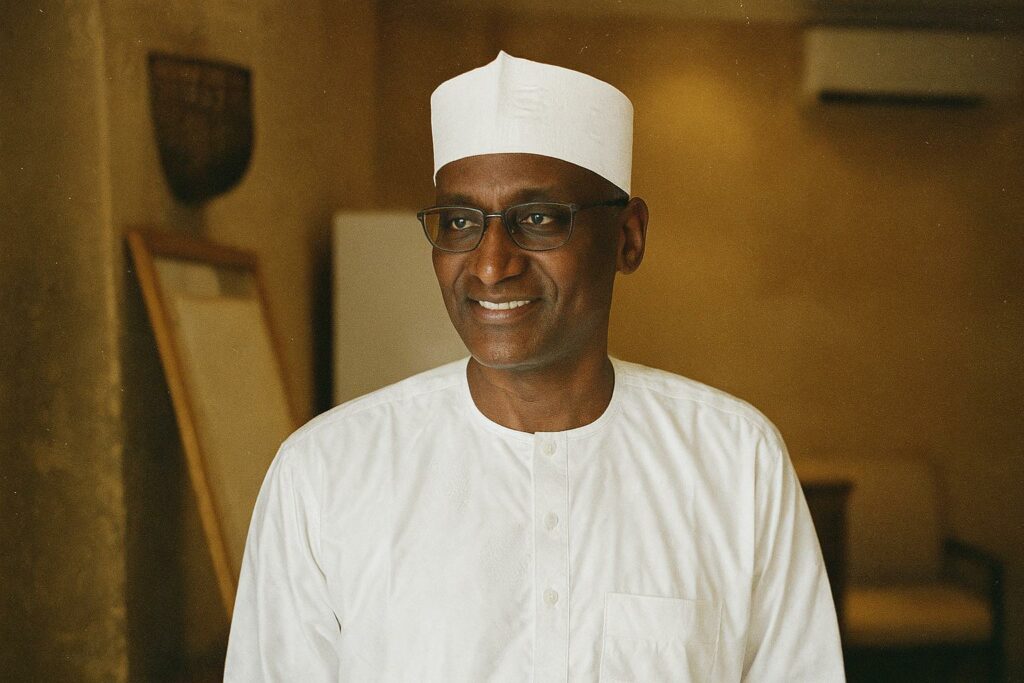A Political Assassination Echoing Beyond Borders
The assassination of Yaya Dillo, a pivotal opposition leader in Chad, on February 24, 2024, has transcended national boundaries to engage the French judiciary. The murder, marked by murky circumstances in N’Djamena, has had far-reaching implications beyond just Chad’s borders due to the involvement of individuals with dual Franco-Chadian nationality. The case, brought to light by Dillo’s brother, Ousmane Dillo, underscores the alleged role these individuals may have played in the political murder, invoking France’s legal provisions against international crimes committed by its citizens.
France as a Legal Recourse
In a politicized move that illustrates the complexities of international law, the complaint lodged in Paris circumvents Chad’s judicial apparatus, which has been stagnant in addressing the assassination. Charles Stéphane Marchiani and Pierre Masquart, the legal representatives of Ousmane Dillo, emphasize the reliance on French penal code Article 113-6, which permits jurisdiction over crimes abroad by French nationals. This route, they assert, is essential given the inaction of the Chadian judiciary, which has yet to substantiate claims or initiate comprehensive inquiries despite persistent urgings from the Socialist Party Without Borders (PSF).
Judicial Stagnation and Political Impunity in Chad
Chad’s political and judicial landscape remains embroiled in controversy, with systemic inertia characterizing its handling of high-profile cases such as Yaya Dillo’s assassination. Despite formal complaints from Dillo’s family and affiliates, the domestic judicial system has remained inert, failing to carry forward investigations as pledged by government officials. Reports from Human Rights Watch corroborate the Chadian Justice Minister’s position in the summer of 2024, which notably eschewed further enquiry into Dillo’s assassination, highlighting the precarious state of rule of law in Chad.
International Attention and the Pursuit of Justice
In a bid to pierce the fog of political negligence, Ousmane Dillo has enlisted the assistance of the United Nations reporteurs on extrajudicial executions, among others, to bring international pressure to bear on the Chadian authorities. This strategic international engagement aims to unveil not only the truth about the orchestration of Yaya Dillo’s murder but also to rectify the legal void left by Chad’s domestic institutions. The involvement of high-profile UN experts echoes prior successful interventions, such as the role played by Agnes Callamard in the Jamal Khashoggi investigation, underscoring the potential for these mechanisms to effectuate justice.
An Unyielding Quest for Truth and Legal Precedent
The Dillo family’s pursuit of justice is emblematic of a deeper resolve to break the cycle of impunity prevalent within Chad’s political sphere. Their multifaceted legal approach, hinging on international attention and French judicial engagement, seeks not only personal closure but also aims to recalibrate Chad’s political accountability mechanisms. Even as the potential for setting legal precedents within Chad remains uncertain, the process highlights the family’s unwavering determination to champion justice and accountability on a global stage.

